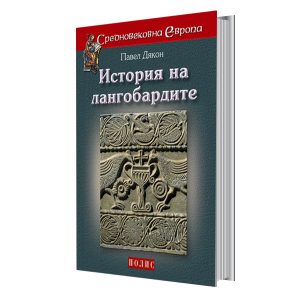Power, Legitimacy, Historical Legacies: A Disenchanted Political Anthropology
€ 3.80
The book by the world-renowned professor of anthropology Christian Giordano contains 11 articles and studies by him on different issues: the Mediterranean societies, the historical-cultural regions of Europe, the problem of multiculturalism seen through the example of Malaysia, clientelism, corruption and mafia.
- Description
- Additional information
- Reviews (0)
Description
Author: Christian Giordano
Translated from English and German
The book by the world-renowned professor of anthropology Christian Giordano contains 11 articles and studies by him on different issues: the Mediterranean societies, the historical-cultural regions of Europe, the problem of multiculturalism seen through the example of Malaysia, clientelism, corruption and mafia. To these are added analyses on land reforms as an instrument of ethnic politics in Central and Eastern Europe; the sensitive issue of the nature of group cultural stereotypes; and the equally delicate topic of the place of cultural relativism in the context of jurisprudence. The texts are varied not only thematically, but also in their ability to be read with different intentions. The brilliant analysis of the personalized social relations manifested in clientelism and corruption also provides an opportunity for the text to be used directly in the process of undergraduate anthropology teaching. The texts on the Mafia and ‘Mediterranean honour’ are clearly part of a highly specialised debate and demonstrate the author’s uncompromisingly high standards of depth of observation and boldness of hypothesis.
All the texts are united by their belonging to that part of social anthropology known as ‘political anthropology’, and at the same time by a marked taste for interdisciplinary knowledge.
ISBN-10:954-796-017-2
ISBN-13:978-954-796-017-6
Published: 2006
Page Count: 312 pp.
Additional information
| Weight | 0.408 kg |
|---|---|
| Dimensions | 12 × 23 × 56 cm |












Reviews
There are no reviews yet.